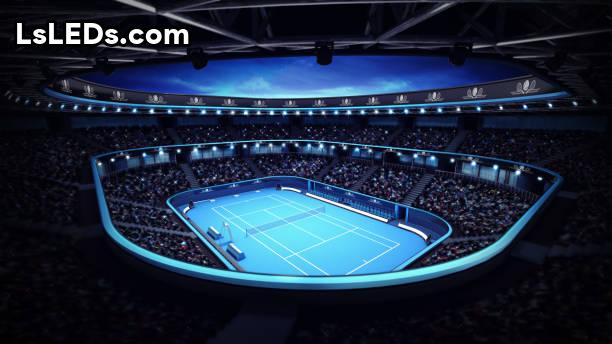
Table of Contents
Are there laws for light pollution?
The District of Columbia and Puerto Rico have laws on the books to reduce light pollution. Most of the states that have enacted dark skies legislation have done so to promote a number of things.
Is light trespass a law?
Light that isn’t supposed to illuminate the property is called light snoozing. Light that falls outside the boundaries of the lot on which the installation is sited is referred to as light intrusion.
Can you block light pollution?
Light pollution can be blocked out by line filters. Light from the universe is reduced by them. You can use these in places with extreme sky glow, but you can’t see what’s in the deep sky.
Does my Neighbour have a right to light?
The Rights of Light Act 1959 states that a neighbour can give this right to another neighbour or it can be acquired over time. If a property has received daylight for at least the last 20 years, you’re entitled to continue to get it.
Can I sue my neighbor for light pollution?
Is it possible to take your neighbor to court for light harassment? Light pollution is considered a nuisance by the courts in the U.S. Even though most states don’t have specific light pollution laws, you can still take legal action.
What can I do if my neighbors light is too bright?
Don’t argue and be positive. You should be aware of your neighbor’s right to light their property. They should suggest alternatives to the current fixture. If you want the light to be activated only when needed, ask them to move the light, shield it, or add a sensor.

Can you sue for light pollution?
Can you get in trouble for light pollution?
Light nuisances are now subject to the same criminal law as noise and smells, thanks to the Clean Neighborhoods and Environment Act 2005. It applies to the artificial light that is emitted from the building.
Can a neighbor point a light at my house?
An injunction is needed to stop the neighbor from pointing his light at the property.
What is nuisance light?
Light nuisance is caused by security lights that are positioned in a way that leads to bright light entering the homes of people who complain. There is a cause of complaint about bright shop signs. Statutory nuisance law does not apply to light that is generated at a variety of premises.
What is light pollution?
Light pollution, or artificial light at night, is the excessive or poor use of artificial outdoor light, which can disrupt the natural patterns of wildlife, contribute to the increase in carbon dioxide in the atmosphere, and obscure the stars in the night sky.
How is light pollution controlled?
Dimmers, motion sensors and timers can help to save energy. Reducing illuminance without compromising visibility can be achieved with the switch to LED lighting. It’s a good idea to turn off unnecessary lighting in empty office buildings.
Is light pollution regulated?
Installation of shielded light fixture that emit light only downward is required by most legislation. Other laws require the use of low-glare or low- wattage lighting, regulate the amount of time certain lighting can be used, or incorporate Illuminating Engineering Society guidelines into state regulations.
How is light pollution being addressed?
Efforts to design lighting equipment that produces less light pollution are one of a number of educational, research, and development efforts.
Why is it important to prevent light pollution?
There are consequences to too much light pollution, such as it washing out starlight in the night sky, interfering with astronomy, and wasting energy.
Where is light pollution the worst?
In March of last year, Hong Kong was declared the worst place to live in the world. In June 2016 it was estimated that 80% of Americans and 40% of Europeans could not see the stars. It was found that Singapore was the most polluted country.
